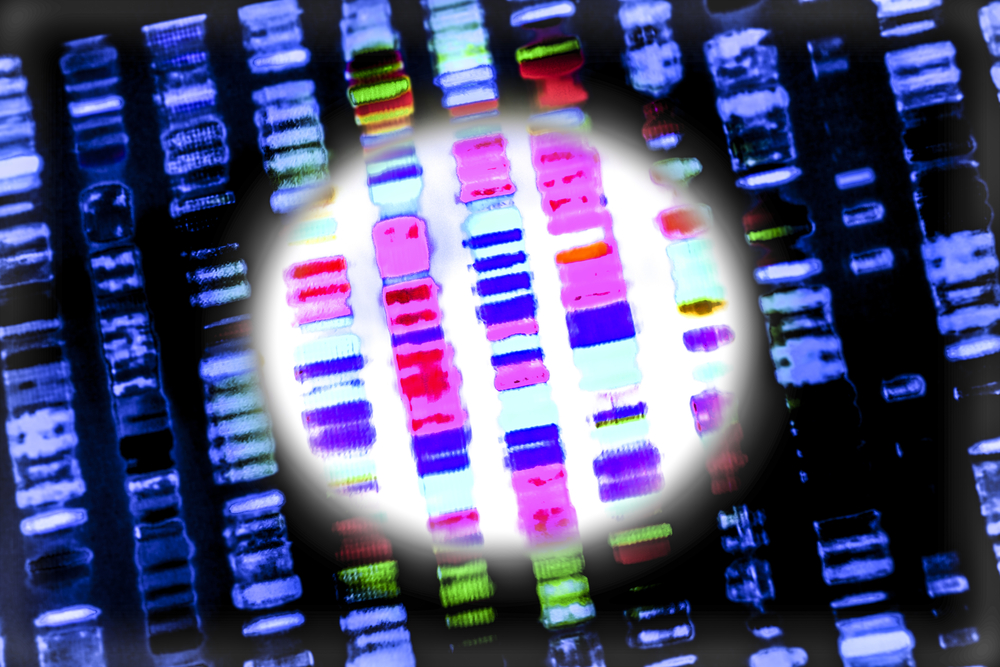Researchers Discover Gene Defect Linked to New Type of Multiple Mitochondrial Dysfunction Syndrome

Defects in a gene called iron-sulfur cluster assembly 1 homolog (ISCA1) were found in four children from two unrelated Indian families. These findings suggest that defects within the ISCA1 gene may underlie a new type of a mitochondrial genetic disease, called “multiple mitochondrial dysfunction syndrome.”
The report “Homozygous p.(Glu87Lys) variant in ISCA1 is associated with a multiple mitochondrial dysfunctions syndrome” appeared in the Journal of Human Genetics.
Researchers studied children from two Indian families who were affected with a severe neurological disorder that ultimately led to their death during childhood. The team, led by medical geneticist Dr. Girish Katta, at the Kasturba Medical College, Manipal, India, analyzed DNA from the affected individuals and found an alteration in the DNA sequence of the ISCA1 gene. They used a technique called whole-exome sequencing, which sequences all the expressed genes in a genome (the exome).
The iron-sulfur (Fe-S) cluster (ISC) pathway is crucial for several cellular processes, including respiration, protein production, DNA repair and also gene regulation. Loss of function of several members of the Fe-S cluster have been identified to lead to diseases, including multiple mitochondrial dysfunctions syndrome. The disease is characterized by impairment of mitochondria, the energy-producing centers of cells. Those affected exhibit symptoms early in life and usually do not live past infancy.
The children in the two Indian families carrying the ISCA1 variant displayed the typical symptoms of other multiple mitochondrial dysfunction syndrome-affected patients. Those included early onset neurological deterioration, seizures, and buildup of lactic acid, which can be life-threatening. Until now, four types of multiple mitochondrial dysfunction syndrome have been identified and linked to variants in the genes NFU1, BOLA3, IBA57 and ISCA2.
Now, “the findings suggest association of a pathogenic variant in ISCA1 with another new type multiple mitochondrial dysfunction syndromes,” Dr. Vinod Bhat, vice chancellor of Manipal University said in a press release.
The research, funded by the National Institutes of Health (NIH), suggests the discovery of a fifth type of multiple mitochondrial dysfunction syndrome, resulting from a defect in the ISCA1 gene.






